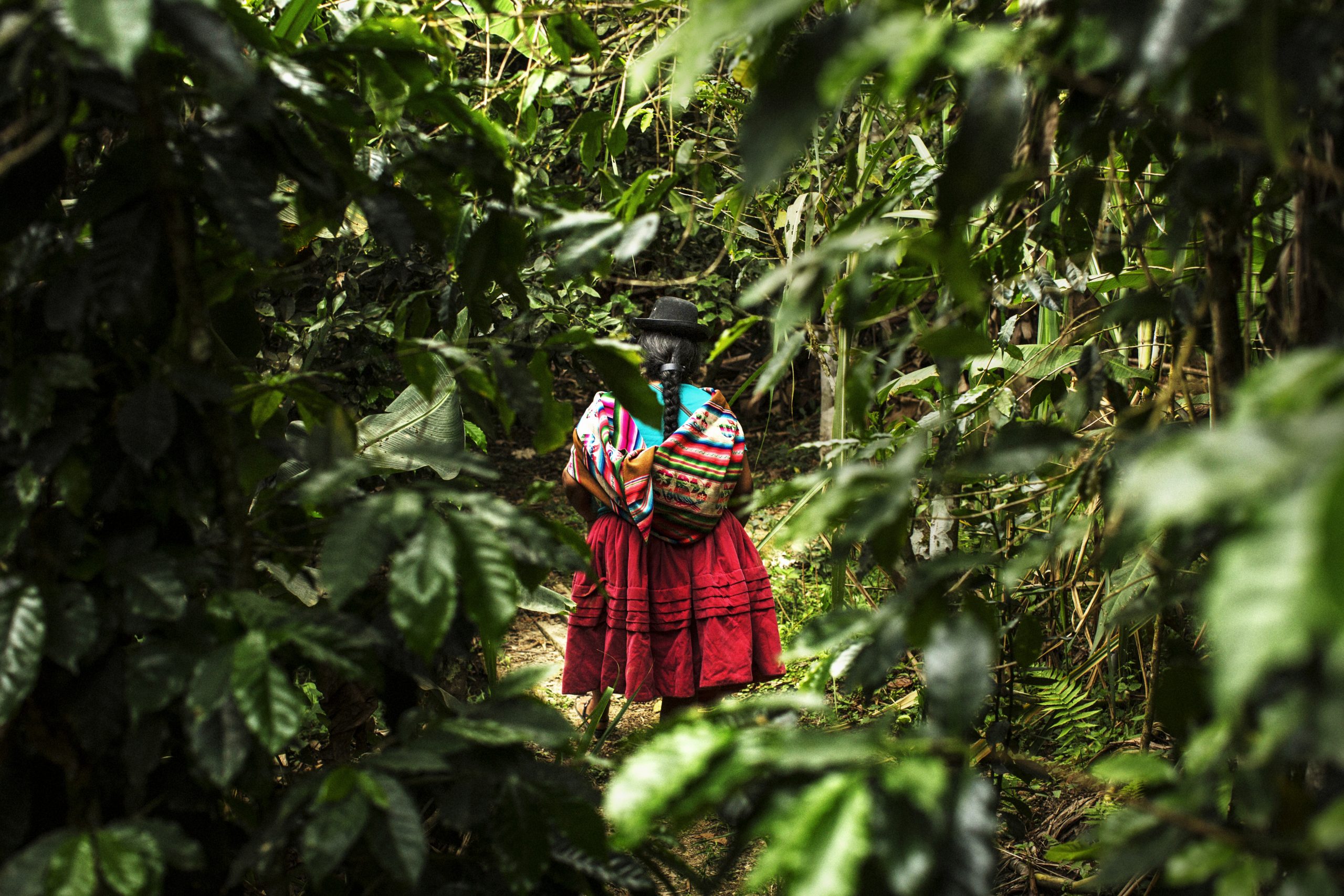 ©Daniel Silva/WCS
©Daniel Silva/WCS
Restoring degraded forest to enhance biodiversity and support local communities
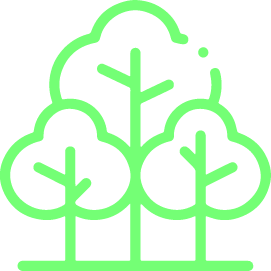
Restoring 2000 hectares of forest with native tree species

Working with 40 smallholder coffee-growing families, representing over 200 people, to help improve livelihoods

This region is home to 11% of all bird species on Earth, including local icons the Andean condor and cock-of-the-rock
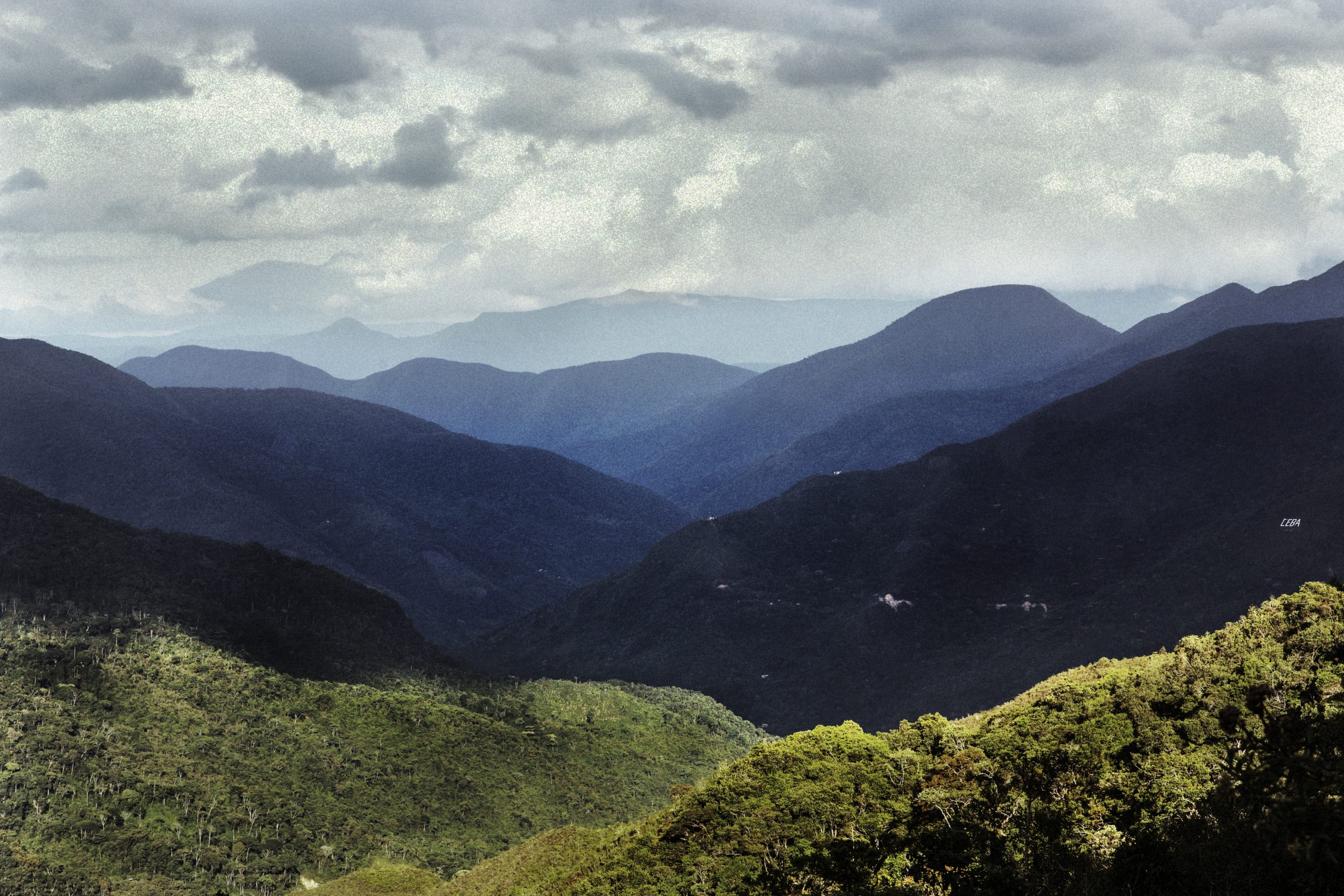
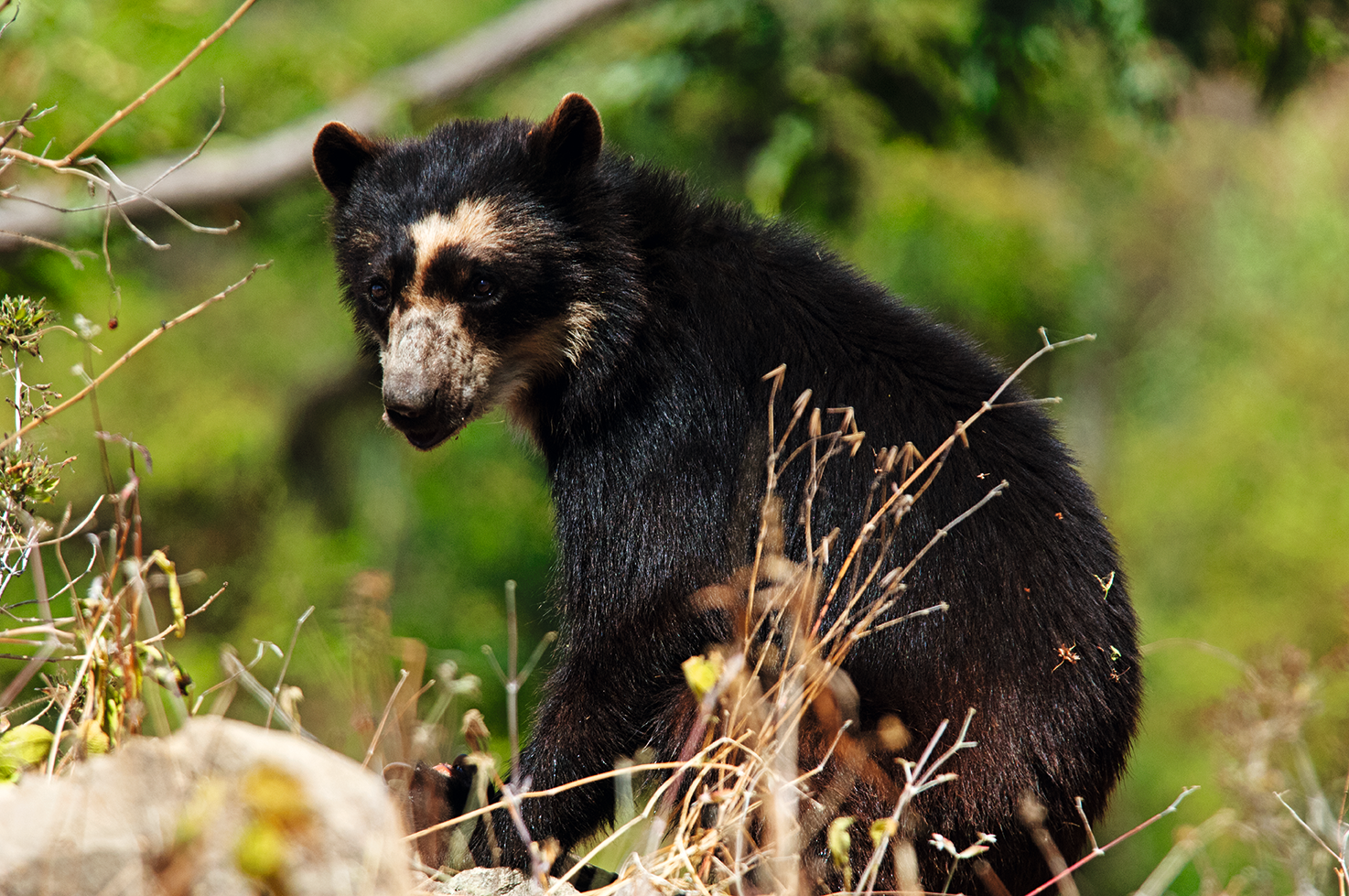
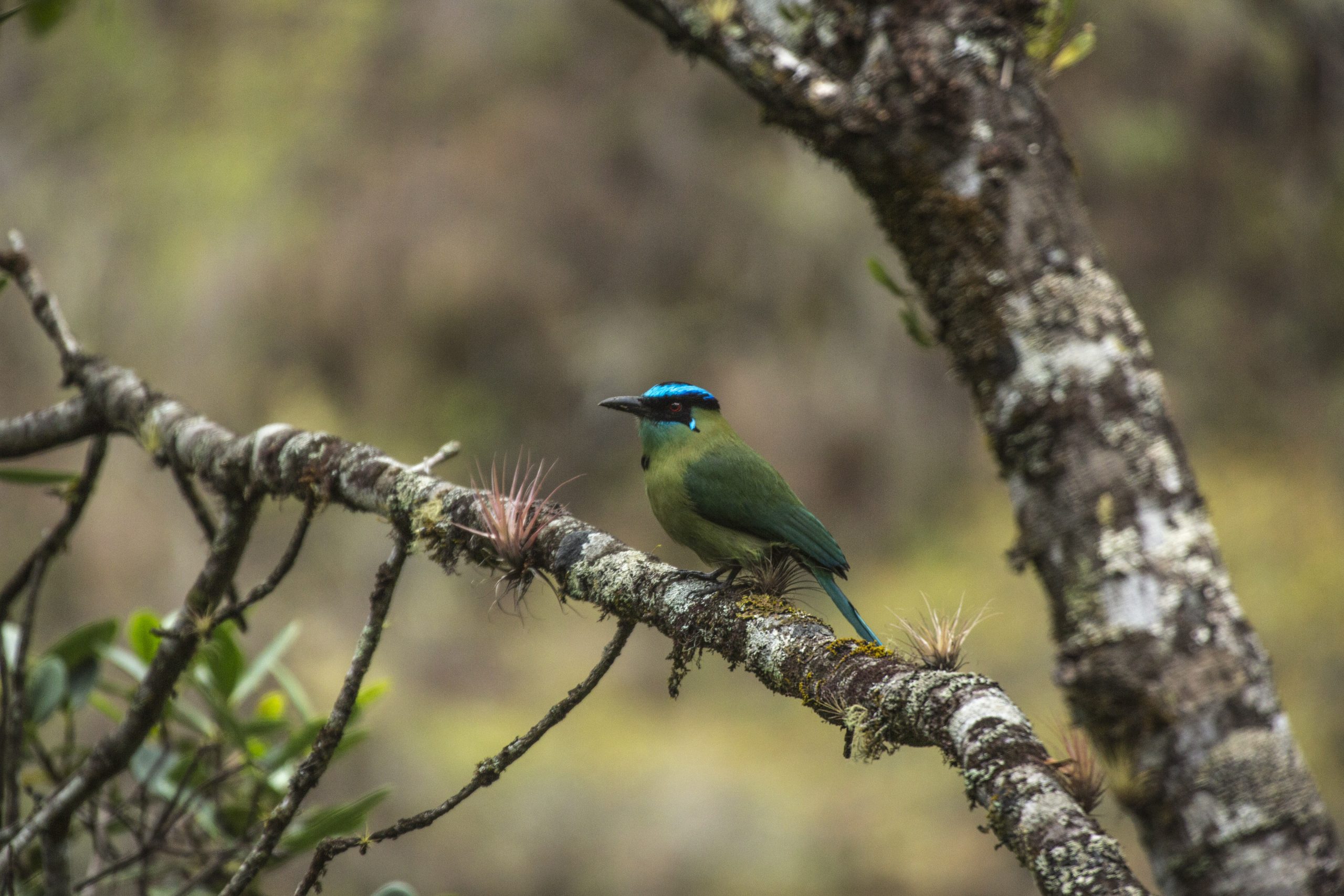


Trillion Trees partner WCS has been actively working in the Madidi Tambopata Landscape to tackle the pressing issues of deforestation and land degradation. Through partnerships with local governments and communities, WCS focuses on the restoration and recovery of the Yungas forest, a high-altitude humid jungle ecosystem.
Additionally, WCS collaborates with 40 Quechua and Aymara smallholder coffee-growing families. These families, representing over 200 people, are engaged in planting and maintaining trees in their plots, ensuring sustainable forest management practices. By involving local communities, WCS ensures that restoration efforts are both effective and sustainable, enhancing biodiversity and ecosystem services while supporting the livelihoods of Indigenous families.
Our restoration strategies include both reforestation of cleared areas and enrichment planting in degraded forests. We work closely with local authorities to identify priority areas for ecological restoration based on environmental service values. Over the past two years, WCS has partnered with local governments to select native forest species, such as Quina and Podocarpus, for restoration of the Yungas forest.
The vegetative material for reforestation will be produced in local nurseries at the expense of WCS and we involve local community members, including 40 Quechua and Aymara smallholder coffee-growing families, in planting and maintaining the restored areas. By involving these families, we ensure that restoration efforts are sustainable and locally managed.
Our efforts aim to enhance forest connectivity and prevent soil erosion through strategic reforestation. By increasing biodiversity, improving water quality, and stabilizing the soil, we can prevent landslides and enhance the overall health of the ecosystem. By focusing on these strategies, we aim to create a resilient and thriving forest ecosystem that benefits both the environment and the local communities.
The Madidi Tambopata Landscape is critical for its biodiversity and ecological services. The area is home to around 12,000 species of vascular plants, 1,100 bird species, and 300 mammal species, including jaguars, spectacled bears, and gray woolly monkeys. This landscape features a 6,000-meter altitudinal gradient, encompassing high Andean mountains, diverse cloud and montane forests, and extensive Amazonian floodplains.
The montane forests of Sandia Puno in the Peruvian Andes are part of the headwaters of the Amazon basin and provide vital rain harvesting and watershed protection services. These forests are crucial for maintaining water quality and preventing soil erosion, which benefits both the Andes and Amazon regions.
Additionally, this area supports exceptional biodiversity, including the Bahuaja Sonene National Park and Tambopata National Reserve. These lowland regions are dominated by rainforests and tropical grasslands, contributing to the ecological richness of the region. By focusing our efforts here, we aim to preserve and enhance this unique and vital ecosystem, ensuring its sustainability and resilience for the future.
WCS, Local Coffee Cooperatives: CECOVASA and La San Juan.